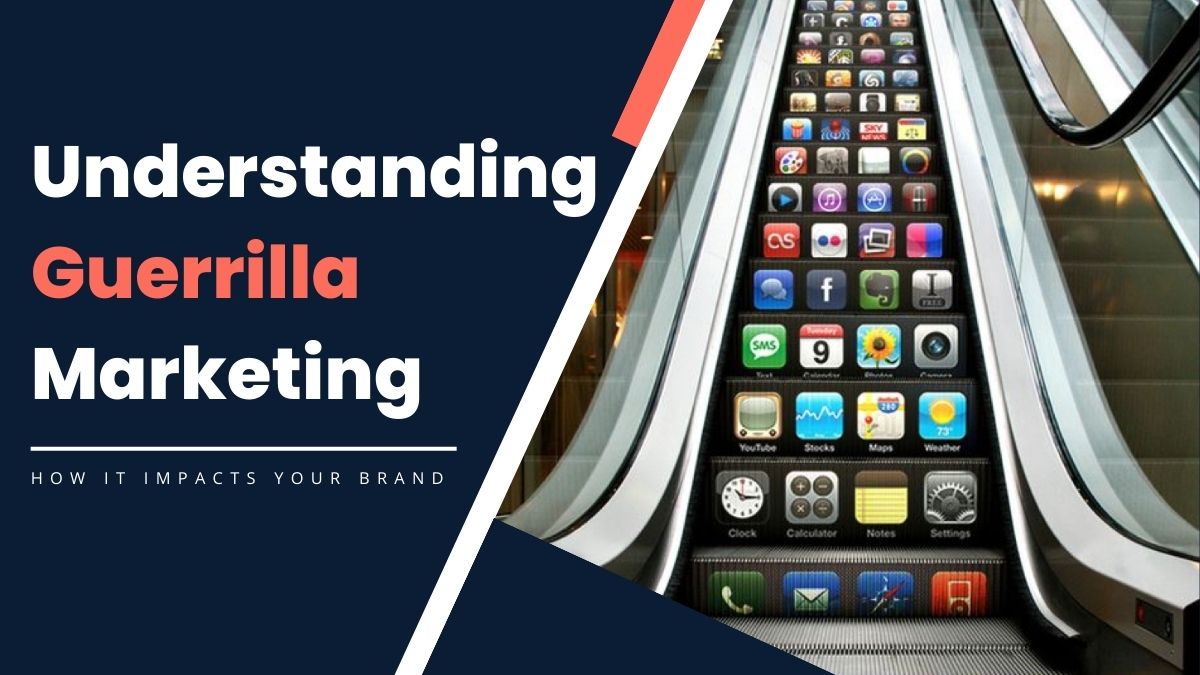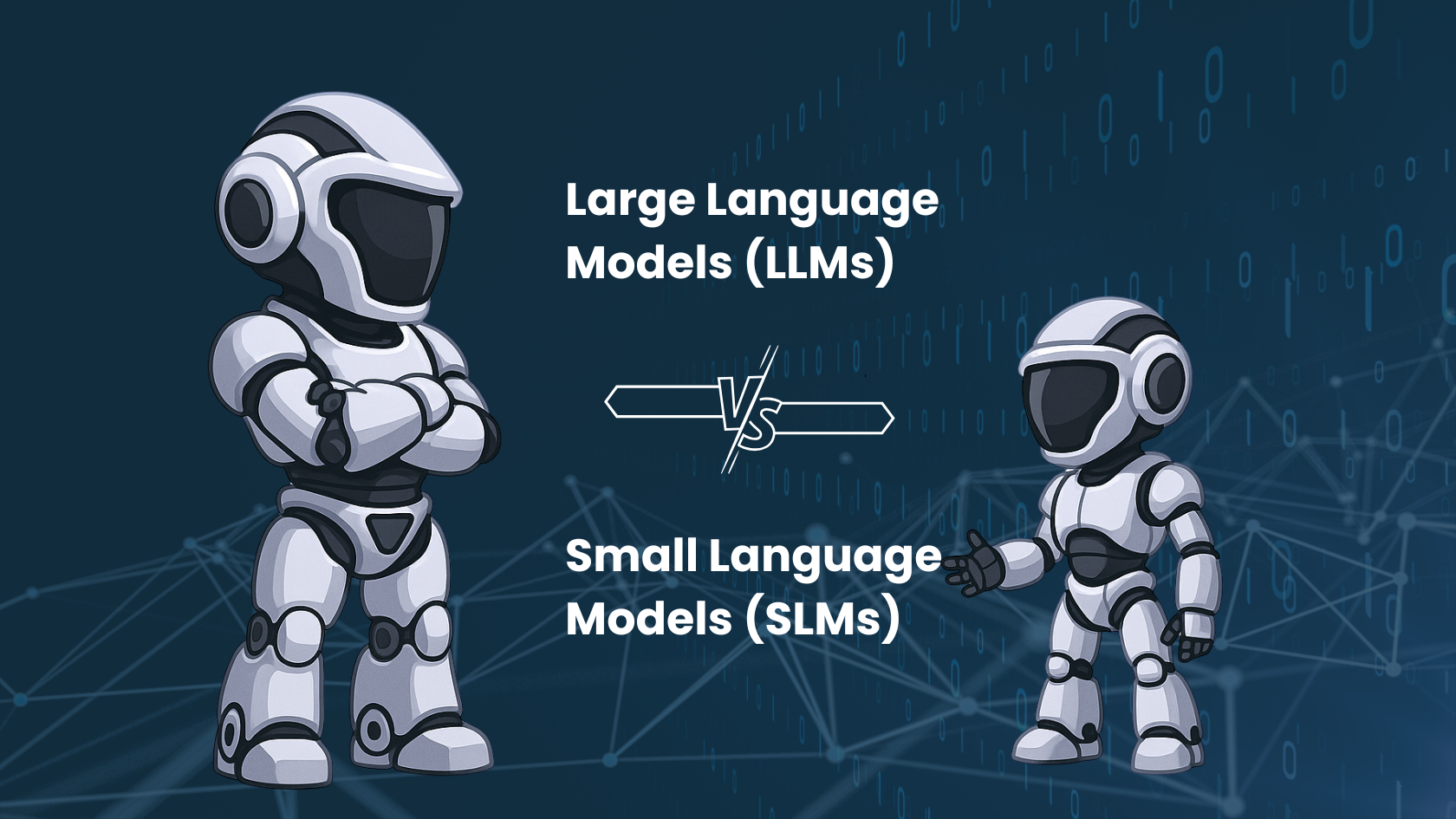What Is Guerrilla Marketing?
Guerrilla marketing generates noticeable brand exposure through advertising utilizing unique techniques to inspire surprise, astonishment, or surprise.
The late business author Jay Conrad Levinson, who wrote multiple books about guerrilla tactics in a variety of professional fields, coined the phrase in the early 1980s. Naturally, marketing was considerably different back then, and while guerilla marketing is still used today, the rapidly evolving digital landscape is changing how it appears.
Guerrilla digital marketing strategies, however, are not a confrontational style of speaking. It boosts brand recognition with sizable audiences without interfering with them, making it a very unorthodox kind of marketing.
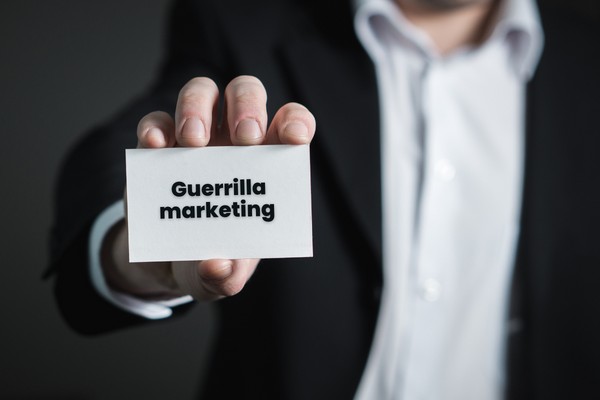
When we hear the term “guerrilla marketing,” we can’t help but think of guerrilla warfare since this form of marketing gets its name from that activity. Guerrilla tactics in combat heavily rely on the element of surprise.
But how does that apply to the work we do on a daily basis? Guerrilla marketing tactics mostly rely on the element of surprise. It seeks to design very unorthodox marketing strategies that pounce on people as they go about their daily lives.
Discover More : Top Strategies to Make Your Brand Launch Successful
Guerrilla marketing’s relatively low cost is something that marketers particularly appreciate. The true investment in this case is creative and intellectual; nonetheless, its execution need not be pricey. In his piece on “guerrilla content,” Michael Brenner succinctly defines it. He compares this form of marketing to reusing your existing material, such as growing each report section into a blog post. It’s a time investment rather than a financial one.
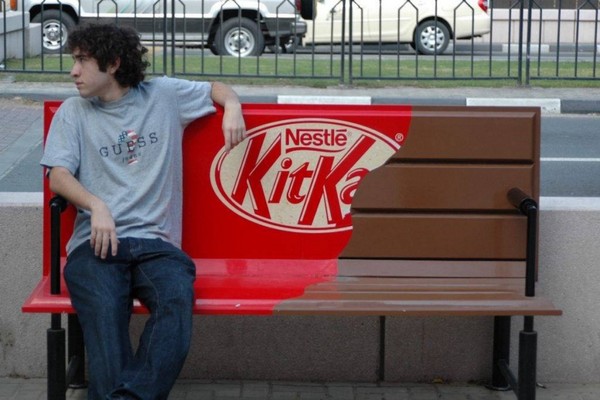
Guerrilla marketing functions somewhat by reusing the surroundings of your target audience. Determine which parts of it may be evaluated and reused to include your brand.
Let’s Explore a Few Types of Guerrilla Marketing
There are quite a few subcategories of guerilla marketing, despite how specialized it may seem.
- Outdoor Guerrilla Marketing – adds something to already-existing urban settings, such as by attaching something detachable to a statue or by placing transient artwork on sidewalks and streets.
- Indoor Guerrilla Marketing – Guerrilla marketing in indoor spaces, such as railway stations, stores, and university campus buildings, is similar to outdoor guerilla marketing.
- Event Guerrilla Marketing – using an on-going event’s audience, such as a concert or athletic event, to prominently promote a good or service, typically without the event’s sponsors’ consent.
- Experiential Guerrilla Marketing – it is basically all a combination of all of the above, the only difference is the way it is executed, it requires the users to communicate with the brand.
It might be difficult to understand Guerrilla marketing since it’s still a new concept. Let’s see stories of a few brands who applied guerilla advertising to their campaigns to better understand its functionality.
BBC’s Dracula Billboard
The huge billboard created by BBC that reminded everyone of the mysterious things that can take place at night is something you cannot miss. The brand wanted to capitalize on this emotion to promote its new show, Dracula.
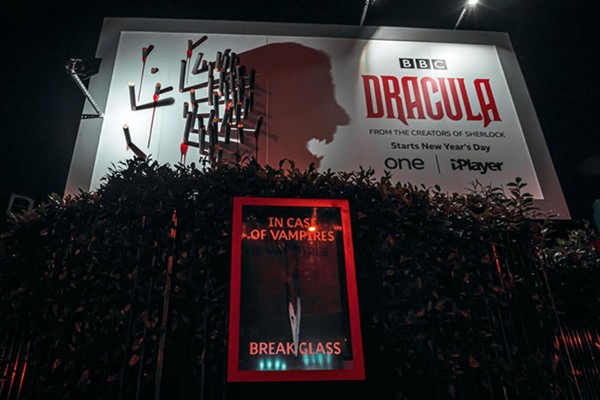
During daytime, the billboard was designed with basic red text on a plain background with a few bloody stakes. However, going by the show’s concept, the billboard changed by nighttime, making it look more dangerous by playing with shadows.
The exhibit was eventually highlighted in Adweek and enjoyed some viral popularity for its originality and deft execution.
Key Takeaway: The main point to remember is to be creative with your promotional materials. In this instance, only using light and shadow was sufficient to draw attention to the statement.
Greene King’s Candid Yet Heartfelt Videos
The bar and brewing company Greene King worried that small, local businesses, especially the pub, would begin to be replaced by giant corporate stores, so it started a campaign to emphasize how crucial these neighborhood institutions are. Bartenders, guests, and pub owners wrote content that made the difference.
These people received cameras to record video of the most memorable events and gatherings they had ever attended at these neighborhood pubs, such as weddings, funeral receptions, and birthday parties. These movies were posted on Greene King’s YouTube page and addressed the question, “Where would we enjoy these moments if not in these community gathering places?”
Key Takeaway: With guerrilla marketing, it’s acceptable to become a touch sentimental. Consider the feelings that your offer evokes. Next, ask your audience to develop content that reflects their personal connections to your brand.
Fiji Water’s Fiji Girl
One guerilla marketing technique to draw attention in subtle ways is strategic product placement. One such is the appearance of Fiji Water at the 2019 Golden Globes, where models dressed blue and carried water trays for thirsty viewers.
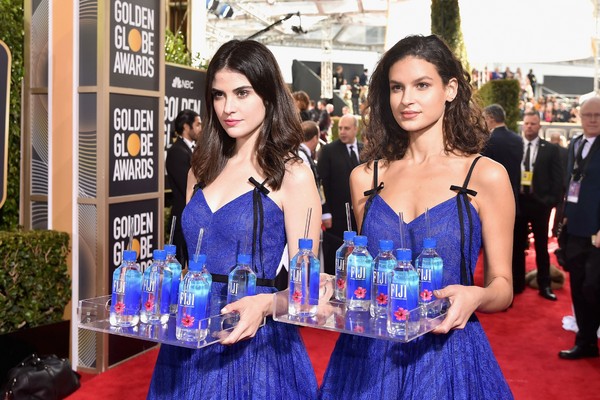
But it didn’t end there. Kelleth Cuthbert, a model, would stand in the background during picture shoots and essentially photobomb famous people.
Cuthbert became recognized as a common factor when the images started to circulate on social media, earning her the moniker #FijiGirl. In the end, she emerged as one of the evening’s highlights, gaining admirers and highlighting the reputation of Fiji Water.
Key Takeaway: Your brand can stand out even if it isn’t the event’s main attraction.
To Sum it Up
We hope that understanding guerilla marketing ideas became a easier and that you might get inspired by the stories. It’s ok for crowdsource content strategies for your campaigns. Always remember to meet them where they are and introduce your brand. Instead of interjecting, entice them to speak.


